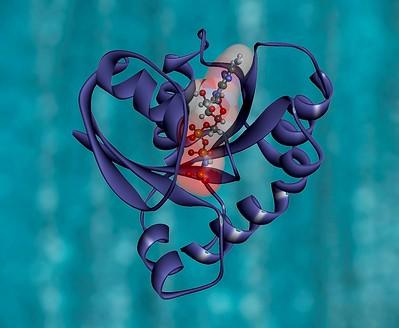NExT Mission Statement
The mission of the NExT Program is to advance clinical practice and bring improved therapies to patients with cancer by supporting the most promising new drug discovery and development projects. Bridging off the NIH and NCI missions, the NExT Program strives to translate basic science and biotechnology into therapies and to focus on rare and underserved cancers not addressed in the public or private sectors.
NExT is NOT a Grant Mechanism
Unlike traditional NCI grants, NExT awardees will not typically receive direct funding. Instead, the NCI allocates support by way of various contract-based resources, access to specialized laboratories at the Frederick National Laboratory for Cancer Research (FNLCR), and scientific project managers with decades of experience in drug discovery and development.
The NCI will partner with successful applicants to facilitate a milestone-driven progression plan for the advancement of new anticancer therapeutics including small molecules, biologics, imaging, nanoparticle, radiotherapeutic, and theronostic agent classes.
Translational Science
Basic science is the backbone to any translational drug development project. The NIH has a rich history of investing in basic science in efforts to better understand causes, diagnosis, prevention, and cures of human diseases. The applications of basic science into new biotechnologies remains an important bridge to understanding and translating effective treatments for cancers.
Therefore, while the NExT Program continues to prioritize exceptional science, any project entering the NExT Program must demonstrate a clear path to the clinic and potential benefit to patients with cancer. Clear definitions of goals, objectives and milestones with the applications in translational science is a key to success in the development and approval of new medicines for cancer.

